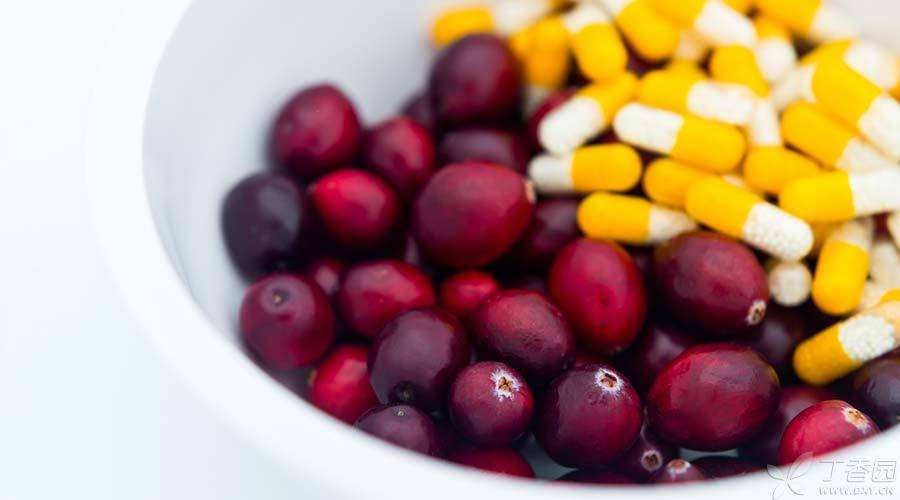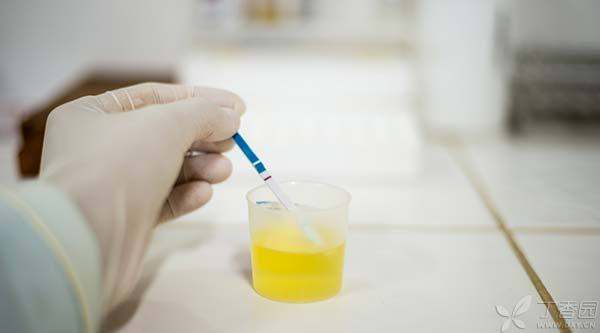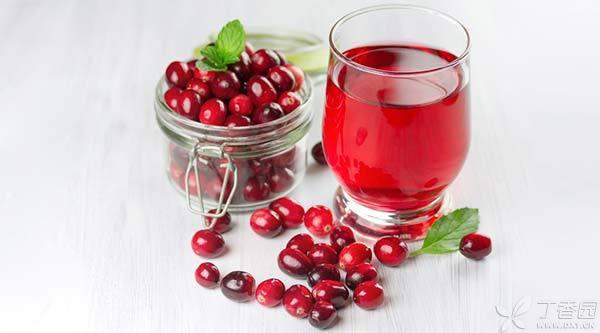
In recent years, Australian nutrition and health products are very popular in China. Cranberry health products can be said to be one of the [star] products.
I have collected a slogan on the Internet about Australian cranberry health products:
Cranberries can be called gynecological artifacts, More or less, women have some minor gynecological problems, dysmenorrhea, less menstruation, abdominal distension and pain, leucorrhea abnormal odor and other issues, a bottle (cranberry health care products) are all done… This infection is thus pressed down by cranberries, which is much better than taking antibiotics. Never take antibiotics, cranberries are pure natural essence after all.
Such a [beautiful] product is naturally attracting much attention.
Pregnancy urinary tract infection is how to return a responsibility? Can cranberries really prevent urinary tract infection? Next, let’s take a look at the relevant issues.
Pregnant women should be more careful of urinary tract infection.
Urinary tract infection is more likely to occur during pregnancy.
If timely detection and treatment are carried out, the fetus will not be affected.
However, if not treated properly, once pyelonephritis develops, the risk of premature delivery or low birth weight will be increased.
Clinical statistics show that at least 60% of women have experienced typical urinary tract infection symptoms such as frequent urination, urgency of urination and pain of urination in a certain period of time.
During pregnancy, due to the enlargement of the uterus, direct compression of the bladder will cause some urine to remain in the bladder. At the same time, changes in hormones in the body will also lead to more susceptibility to urinary tract infection. Generally speaking, 6-24 weeks of pregnancy is a high-risk period for urinary tract infection, with 22-24 weeks reaching the highest risk.

Prevention and Treatment of Urinary Tract Infection during Pregnancy
In Australia, during the first prenatal examination, pregnant mothers will be routinely examined for urinary tract infection.
About 2% ~ 10% of pregnant mothers do not have typical symptoms of urinary tract infection, only bacteria exist in urine, so they cannot be detected.
If asymptomatic bacterial urine is not treated in time, 30% of cases will develop acute cystitis and up to 50% will develop pyelonephritis. This is why pregnant mothers should have routine urine tests.
If the pregnant mother has a history of recurrent urinary tract infection or abnormal urinary tract structure before pregnancy, urine needs to be reviewed regularly throughout pregnancy.
Diagnosis of urinary tract infection during pregnancy requires sensitive antibiotic treatment, with a course of treatment of 3-7 days. Usually oral antibiotics can achieve better therapeutic effect.
There may be pregnant mothers who worry that antibiotics used during pregnancy will affect the fetus. In fact, there are many kinds of antibiotics that can be safely used by pregnant mothers and nursing mothers. As long as they follow the doctor’s advice, there are few problems. Of course, once again, pregnancy or nursing must not take drugs without permission.

Can cranberries really prevent urinary tract infection?
In the 1970s, there were medical theoretical studies that believed that quinic acid in cranberries, after metabolism and secretion, could increase the content of hippuric acid in urine and have antibacterial effect, thus preventing urinary tract infection. However, other theoretical studies in the same period denied this theory.
In the 1980s, new theoretical studies found that cranberries can prevent bacteria, mainly Escherichia coli, from adhering to transitional epithelial cells of bladder, thus possibly preventing urinary tract infection.
After 2000, studies further found that proanthocyanidins A (PAC) in cranberries are the effective components to prevent Escherichia coli from adsorbing.
These findings in theoretical research make it easy to reason naturally that cranberries can prevent urinary tract infection. But the result is not the case.
In the western medical system, the evidence obtained from evidence-based medicine is the best quality evidence to guide clinical practice. In order to better guide clinical practice, in 2012, evidence-based medicine was demonstrated on whether cranberry has the function of preventing and treating urinary tract infection.
Unfortunately, after a comprehensive analysis of the clinical results of 24 clinical randomized controlled trials and 4,473 participating researchers, cranberry or cranberry products have not been found to have the effect of preventing and treating urinary tract infection [1].
Why is cranberry health care product useless?
Since it is found that Class A proanthocyanidins in cranberries can prevent Escherichia coli from adhering, why is there no practical clinical significance for the prevention and treatment of urinary tract infection? The reasons currently considered are:
1. Insufficient doses
The dose of proanthocyanidins A, the effective ingredient in cranberry and its products, may not reach the amount that can prevent and treat urinary tract infection in clinical significance.
Cranberry and its products belong to nutritional health care products, which are different from drugs. Australia and other western countries often do not have very strict ingredient control requirements for health care products, and products from different manufacturers do not have uniform concentration standards. As for the administration of health care products, there is no uniform clinical standard, which is usually recommended by health care manufacturers.
2. Destruction of active ingredient
Class A proanthocyanidins in cranberries may have been destroyed during product processing (such as making capsules, tablets, powders, etc.), resulting in little or no Class A proanthocyanidins in finished products.
As for the fact that cranberries are often mentioned in advertisements as a good medicine for the treatment and prevention of gynecological diseases, there is no basis for publicity and there is not much discussion here.

Precautions for Cranberry Products
Most people drink cranberry juice or take cranberry health products, which will not cause serious side effects. However, the following items should be paid special attention to:
1. Cranberry health products are not recommended during pregnancy and lactation.
Pregnant women and nursing mothers can eat cranberries or drink cranberry juice in an appropriate amount, but the safety of cranberry health products taken during pregnancy and lactation is still uncertain and is not recommended.
2. Urinary tract infection should be treated in time.
Once urinary tract infection is diagnosed, timely medical treatment and sensitive antibiotic treatment are the correct methods.
The advertisement claims that using cranberries is much better than using antibiotics, after all, it is [pure natural essence]. Some pregnant or nursing mothers are very afraid of using antibiotics and are worried about affecting their children. Once again, no matter during pregnancy or lactation, there are many safe antibiotics to choose from. Use them according to the doctor’s advice and do not delay treatment.
3. Aspirin allergy should be used with caution.
People who are allergic to aspirin should avoid using cranberries and their products in large quantities, because aspirin and cranberries have similar ingredients.
4. Use with caution for urinary calculi
Cranberries contain more oxalate and are at risk of kidney stones. If urinary calculi have been diagnosed, they should be used with caution.
5. Use with caution for diabetics
Cranberry juice is usually added with extra sugar, which diabetics need to pay attention to.
Summary
The above information about urinary tract infection and cranberries during pregnancy is hoped to give you a reference.
It is a good thing that more and more overseas products can be bought at home. However, no matter what kind of overseas products you buy, you should first have a correct understanding of the products and it is best not to follow the crowd. I hope pregnant mothers will arm themselves with the latest knowledge and choose what they need.
